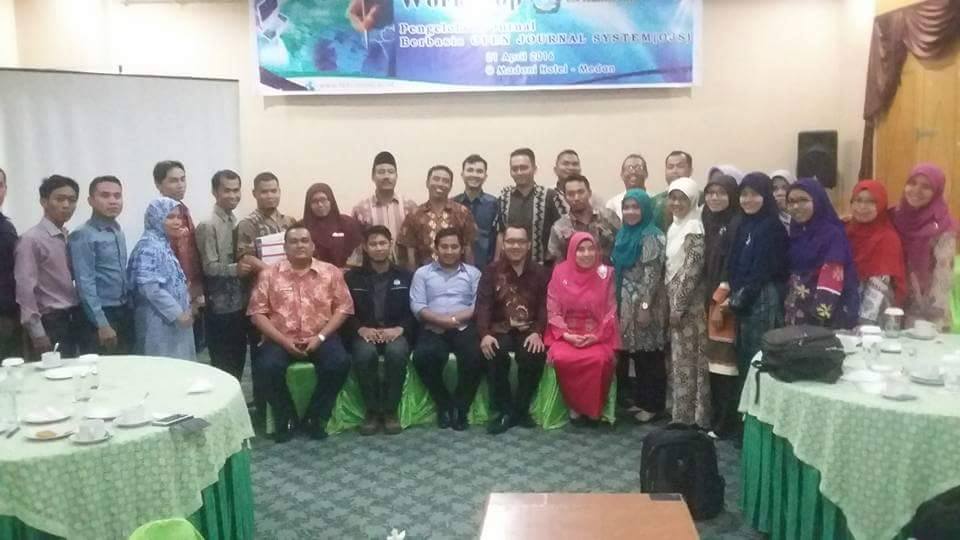IMPLEMENTASI MANAJEMEN RISIKO PADA LEMBAGA PENGELOLA ZAKAT
Abstract
This article aims to determine the importance of implementing risk management in zakat management institutions. The problem in this research is in the context of zakat management, where one of the things that needs to be maintained is the credibility and accountability of the zakat management institution. Don't let public distrust arise due to errors and violations in zakat management. This research uses descriptive qualitative research methods to explain risk management in zakat management institutions. And the result of this paper is that zakat management involves understanding systems that influence social data to create consumptive and productive activities with good risk management. Zakat institutions must manage risks through strategy, identification, risk mitigation, monitoring and risk management reporting. This will help in determining the risk of investing in zakat institutions. Zakat institutions in Indonesia must refer to Law Number 23 of 2011 concerning Zakat Management. BAZNAS was formed by the government in order to carry out the authority to manage zakat nationally. The Amil Zakat Institution, hereinafter abbreviated to LAZ, is an institution that forms a community whose task is to assist in the collection, distribution and utilization of zakat. Risks in Zakat Management Institutions are based on the first stated risks in zakat management which have stated reputation risks and loss of muzaki, secondly distribution risks, thirdly operational risks, and fourthly transfer risks between countries.
Keywords: Zakat, risk management, zakat management institutions, zakat management risks
Full Text:
PDFDOI: http://dx.doi.org/10.30829/hf.v2i10.18314
Refbacks
- There are currently no refbacks.
Indexed by:



_-_Copy3.png)














